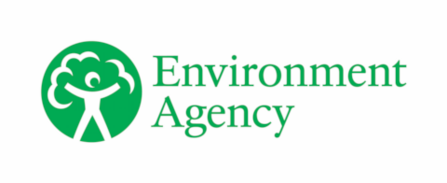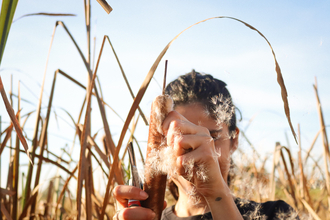Gore House Farm is typical of many farms across our region which are sited on peatland. Historically drained and converted to agriculture, much of this once prosperous land is becoming more and more difficult to farm due to increasingly waterlogged land and declining soil health.
And that’s not the only problem. When peat is drained it causes the carbon that was once stored in the peat to oxidise and be released as carbon dioxide – a harmful greenhouse gas. In fact three per cent of UK greenhouse gas emissions come from lowland agricultural peat alone.
But how to address the dual issues of greenhouse gas emissions and unprofitable and difficult to farmland?
Wetter farming, also known as paludiculture, is the practice of restoring the naturally higher water table on areas of drained peatland and growing crops which thrive in these wetter conditions. Whilst the word ‘paludiculture’ may seem new this is in fact a highly traditional practice, think of the thatching reed that was once grown across large areas of East Anglia.
Read our blog: What is wetter farming?



